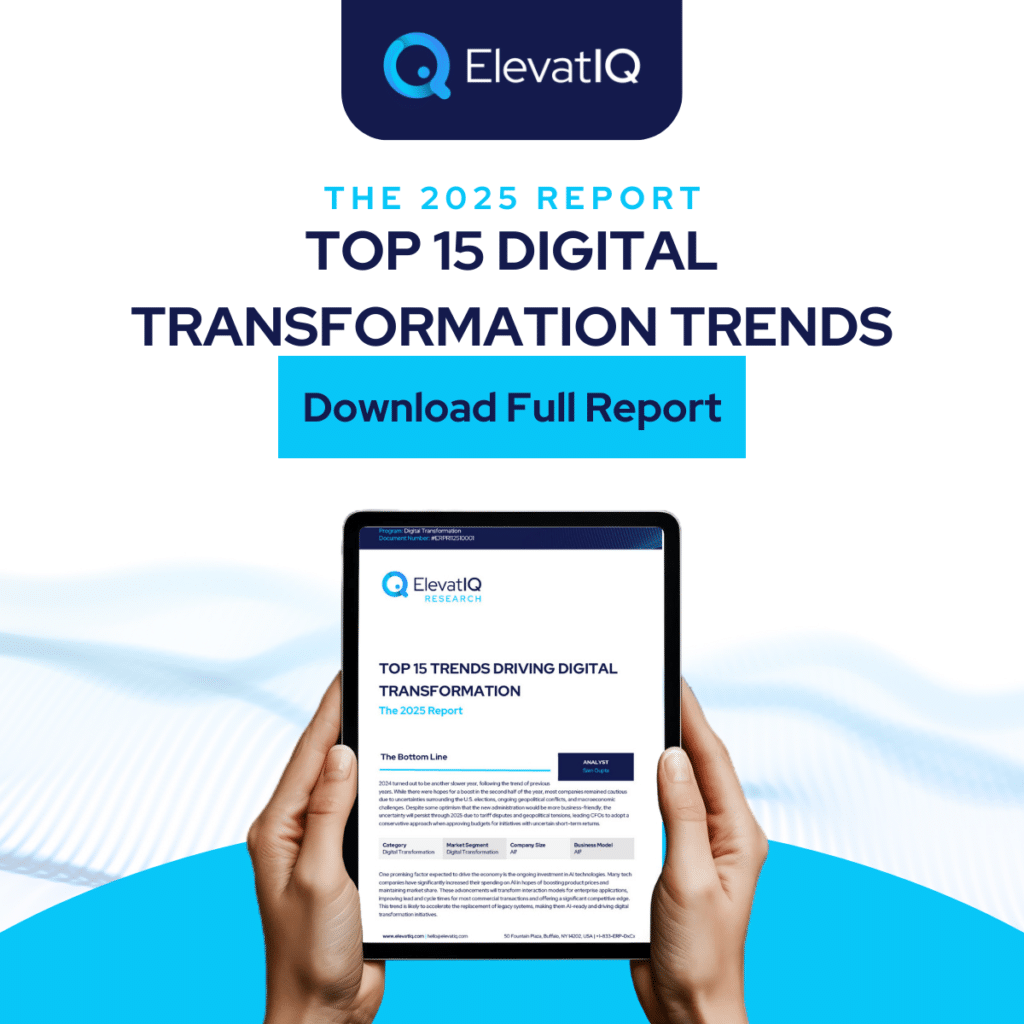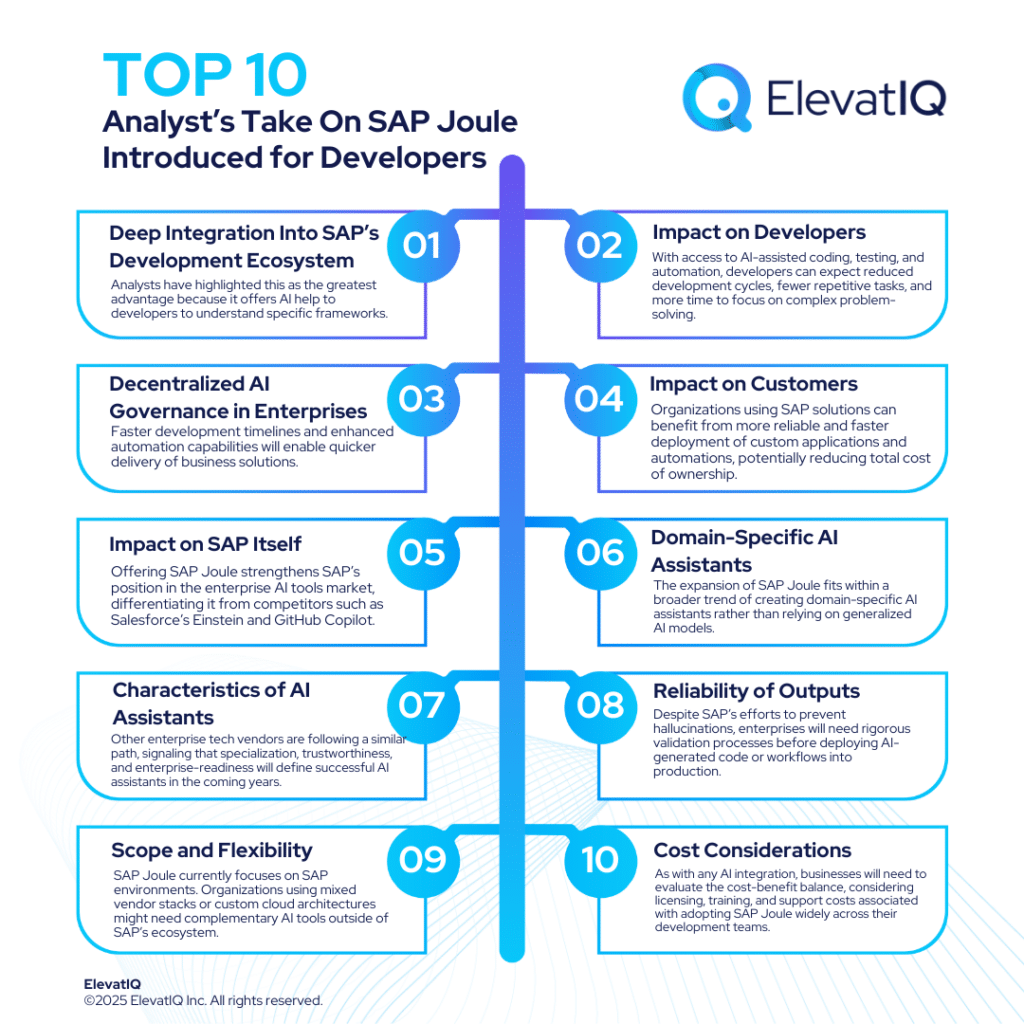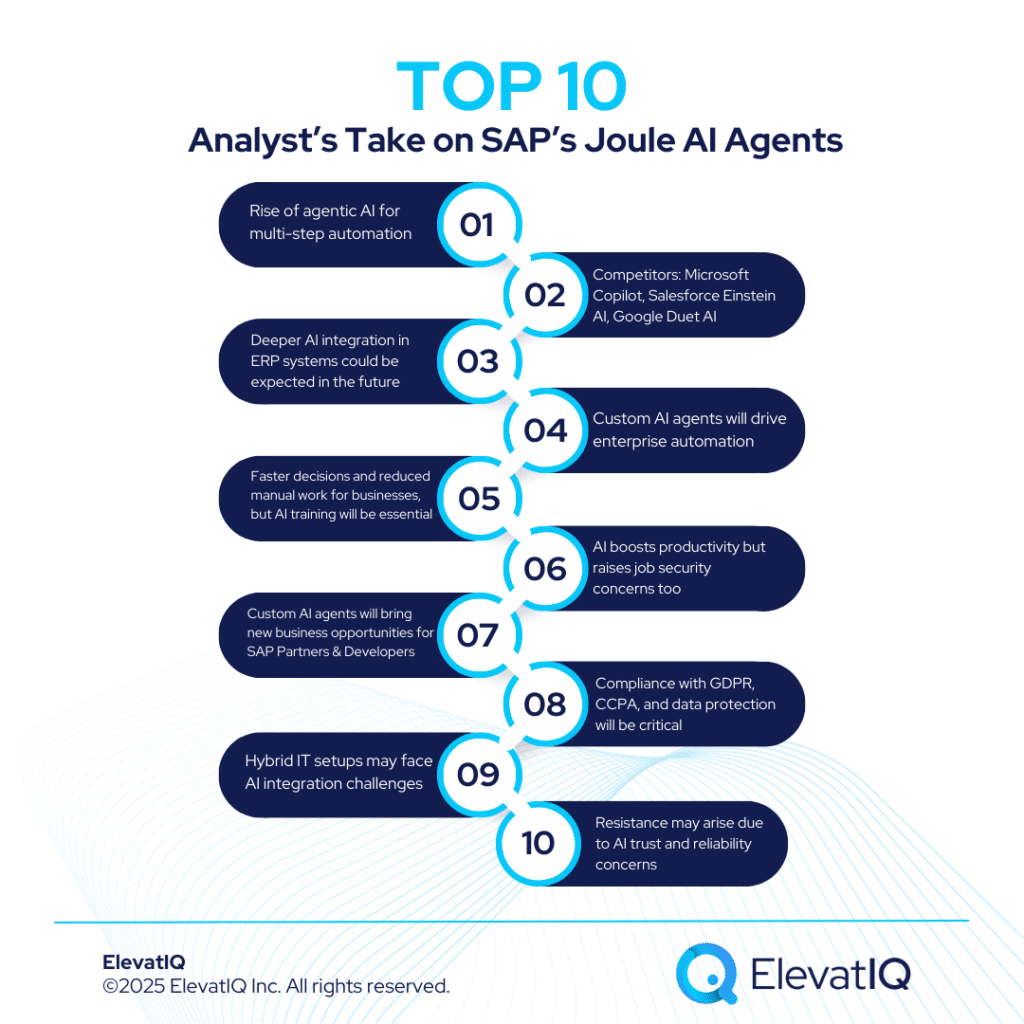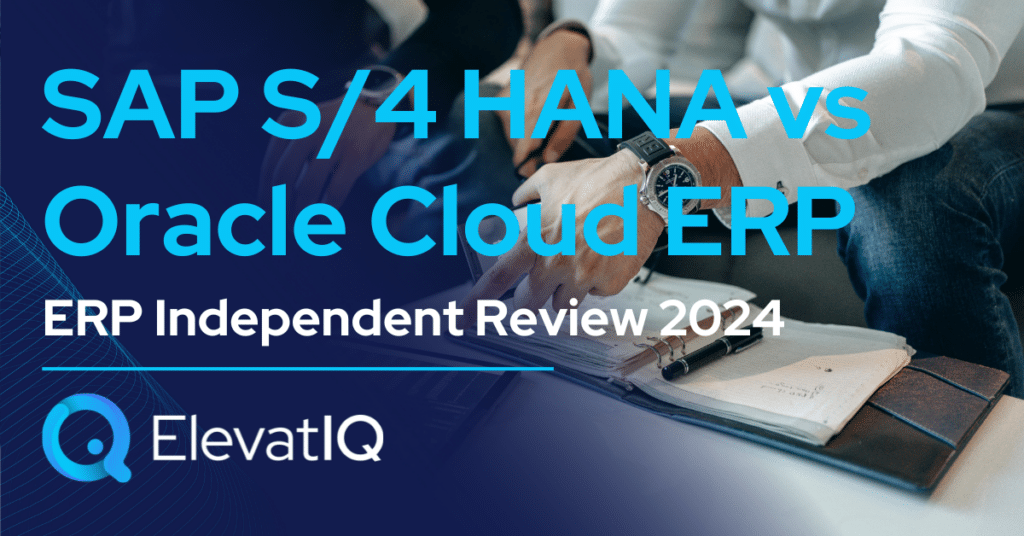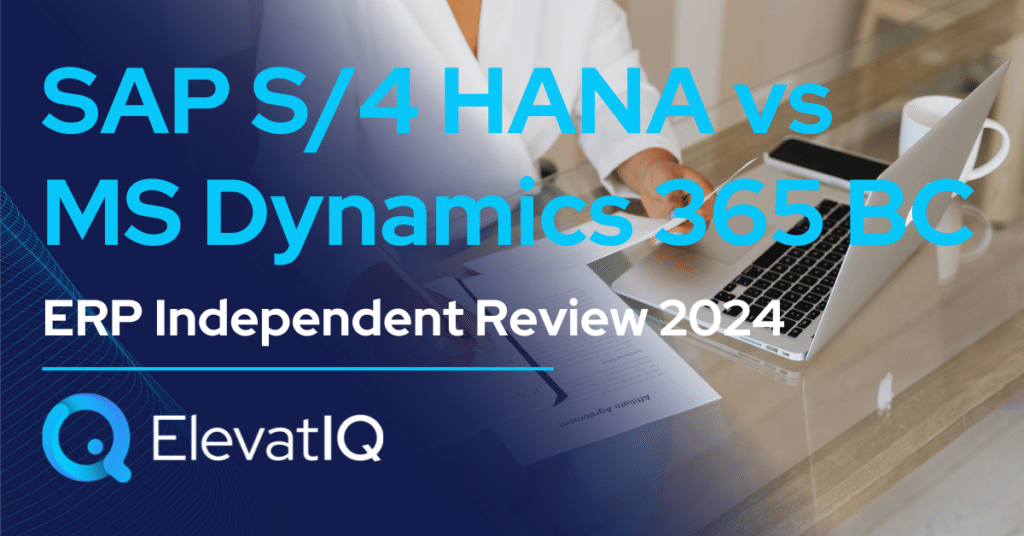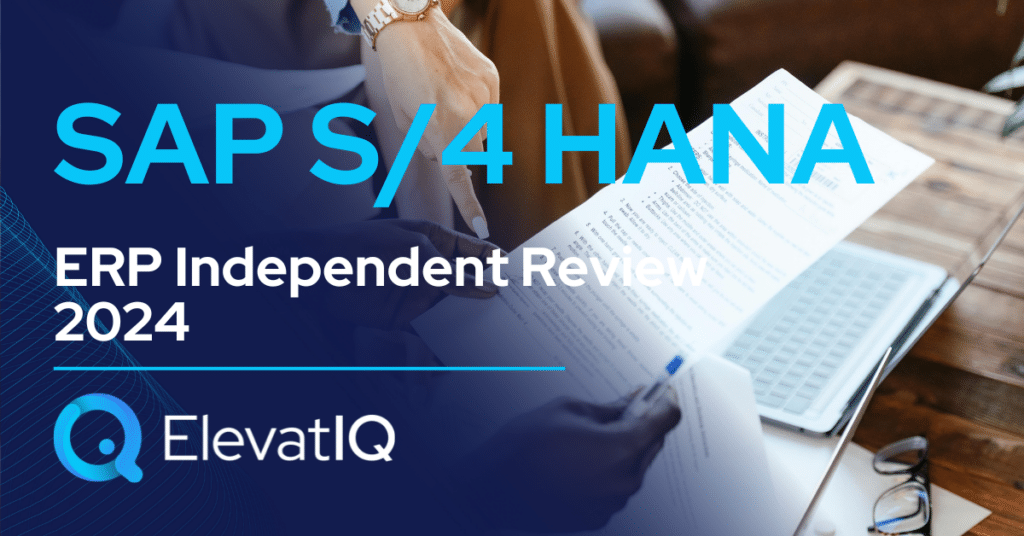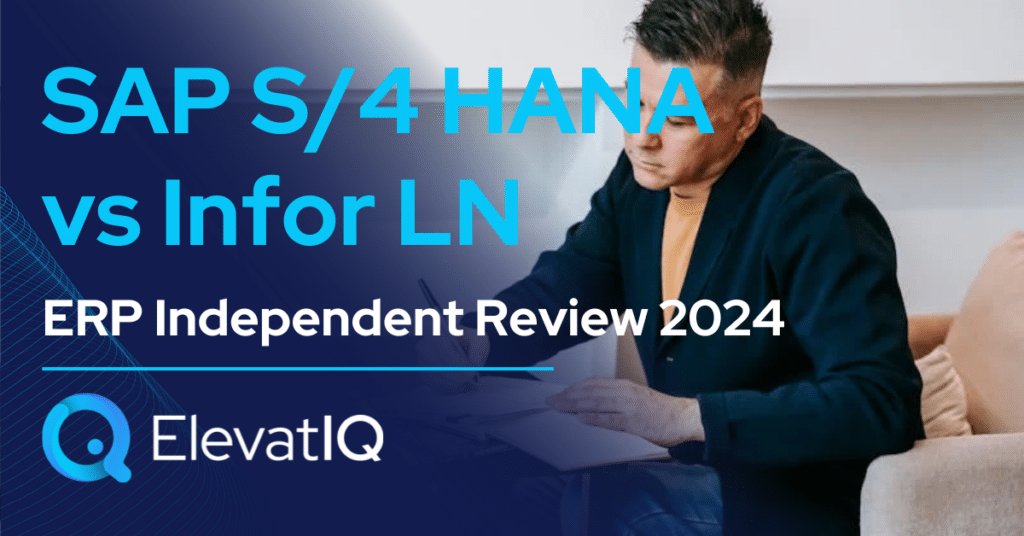SAP has expanded its AI assistant, SAP Joule, making it available for developers within its ecosystem. Previously introduced for business users in core SAP cloud products, SAP Joule now supports a wider range of users across SAP Build Process Automation, SAP Build Apps, SAP Build Code, and ABAP Cloud. The goal is to improve developer productivity by providing AI-driven assistance specifically tuned for SAP environments. Here’s a detailed breakdown of the announcement, its potential impact, and key industry insights.
SAP Joule’s Expansion for Developers
SAP initially launched Joule to help business users interact with SAP applications through natural language prompts. The company has now extended this capability to technical users, specifically developers, aiming to streamline the software development process across its platforms. Joule assists developers with several tasks, including:
- Writing code in Java, JavaScript, and ABAP
- Creating user interfaces for applications
- Building data models and generating sample data
- Refactoring and improving existing code
- Writing unit tests for newly developed features
It also helps automate workflows by generating business rules from simple instructions. By analyzing input prompts, Joule suggests relevant templates and patterns from a library of over 400 prebuilt SAP applications. According to SAP, Joule is not designed to replace developers but to serve as an intelligent assistant that enhances developer productivity without removing the need for human expertise.
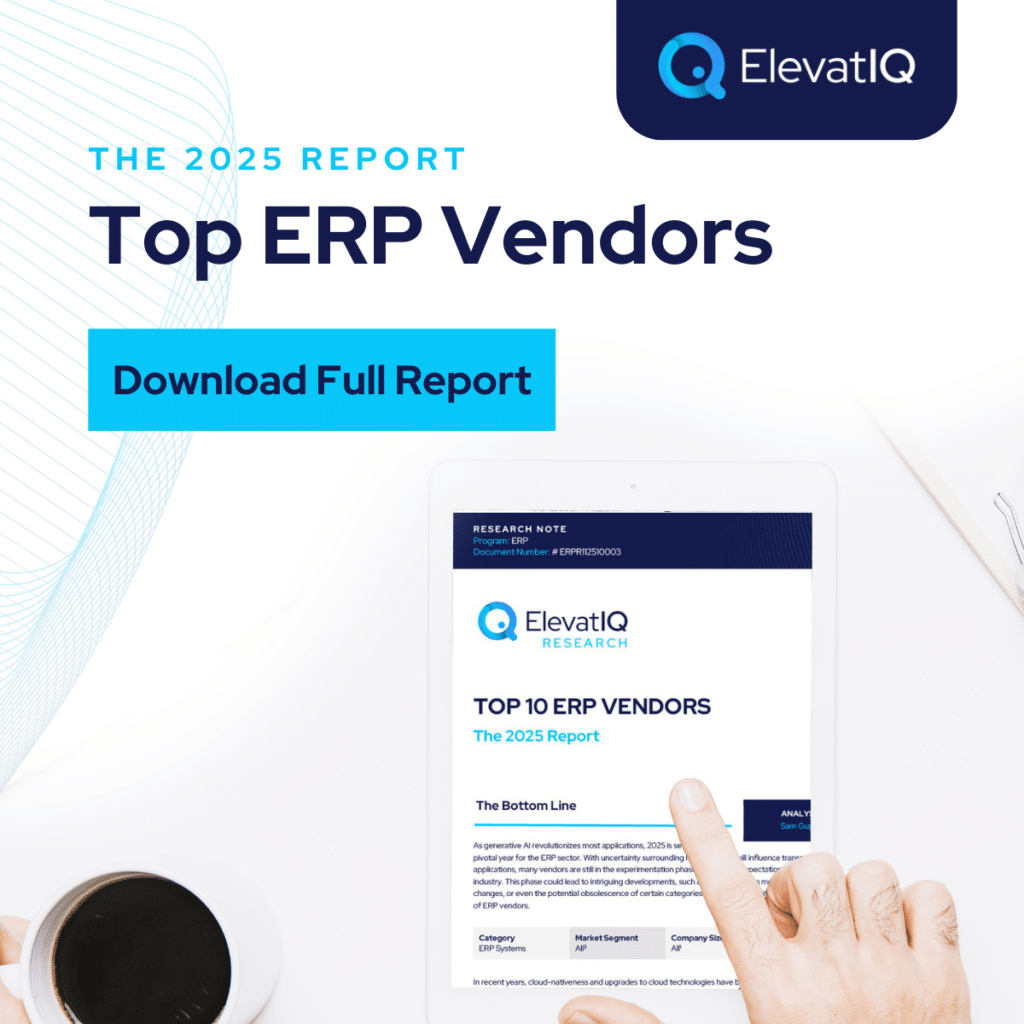
Specialization Within SAP Environments
Unlike general-purpose AI tools, SAP Joule is specifically trained to understand SAP’s platforms, standards, and programming practices. This specialization enables it to provide more accurate and relevant support compared to broader AI assistants that may lack enterprise-specific context.
In SAP Build Code, for example, Joule assists with coding best practices and security considerations unique to SAP’s environment. For ABAP Cloud, it offers suggestions aligned with SAP’s clean core principles, ensuring that generated code maintains compatibility and upgradability.
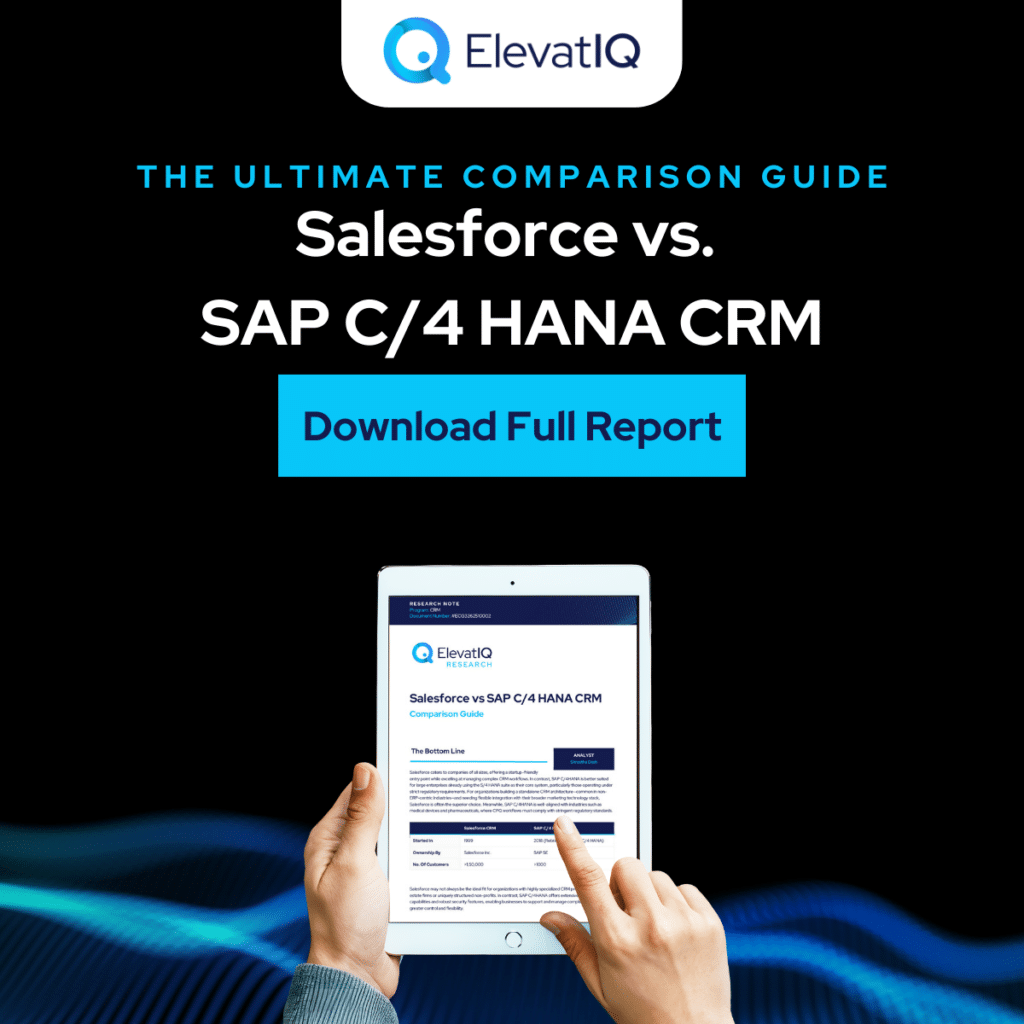
SAP has introduced internal validation and guardrails within Joule to minimize AI hallucinations and enhance output quality. This is critical because enterprise development requires a higher level of trust, precision, and compliance compared to consumer applications.

Analyst’s Take on SAP Joule
Industry analysts have responded positively to SAP’s extension of Joule into developer tools. Arnal Dayaratna, Research Vice President of Software Development at IDC, commented, “What SAP is doing is providing an AI-based developer productivity assistant that’s specialized for their development environments.”
Jason Andersen, Principal Analyst at GigaOm, noted, “The expansion of Joule into SAP Build Process Automation and SAP Build Apps is a smart move that will help developers across the skill spectrum.“
Analysts have highlighted that the biggest advantage of Joule is its deep integration into SAP’s development ecosystem, offering developers AI help that understands the specific frameworks, business processes, and governance models used by SAP customers.
Impact on Stakeholders
The rollout of SAP Joule for developers impacts multiple groups within the SAP ecosystem:
- Developers: With access to AI-assisted coding, testing, and automation, developers can expect reduced development cycles, fewer repetitive tasks, and more time to focus on complex problem-solving.
- Business Users and Project Managers: Faster development timelines and enhanced automation capabilities will enable quicker delivery of business solutions.
- SAP Customers: Organizations using SAP solutions can benefit from more reliable and faster deployment of custom applications and automations, potentially reducing total cost of ownership.
- SAP Itself: Offering Joule strengthens SAP’s position in the enterprise AI tools market, differentiating it from competitors such as Salesforce’s Einstein and GitHub Copilot.
Future Predictions and Industry Trends
The expansion of SAP Joule fits within a broader trend of creating domain-specific AI assistants rather than relying on generalized AI models. Enterprises increasingly demand AI tools that understand industry-specific language, workflows, and compliance requirements. Looking ahead, SAP is likely to enhance Joule further, deepening its integration with ABAP Cloud and SAP Build solutions. Future updates may introduce new support for cross-application workflows, deeper analytics integration, and multi-language support for global developer teams.
There is also potential for SAP to expand Joule into areas like predictive business process management, AI-driven security auditing, and intelligent debugging. These expansions would align with broader enterprise priorities around AI governance, observability, and resilience. Other vendors in the enterprise technology space are moving in a similar direction, indicating that specialization, trustworthiness, and enterprise readiness will become the defining characteristics of successful AI assistants over the next several years.
Key Considerations and Challenges
While SAP Joule offers clear benefits, certain challenges must be addressed:
- Reliability of Outputs: Despite SAP’s efforts to prevent hallucinations, enterprises will need rigorous validation processes before deploying AI-generated code or workflows into production.
- Security and Data Privacy: As SAP Joule operates within sensitive development environments, ensuring full compliance with GDPR, HIPAA, and other regulatory standards remains critical.
- Developer Training and Change Management: To leverage SAP Joule effectively, developers must be trained not just on usage but also on understanding when to trust, edit, or override AI-generated suggestions.
- Scope and Flexibility: SAP Joule currently focuses on SAP environments. Organizations using mixed vendor stacks or custom cloud architectures might need complementary AI tools outside of SAP’s ecosystem.
- Cost Considerations: As with any AI integration, businesses will need to evaluate the cost-benefit balance, considering licensing, training, and support costs associated with adopting SAP Joule widely across their development teams.
